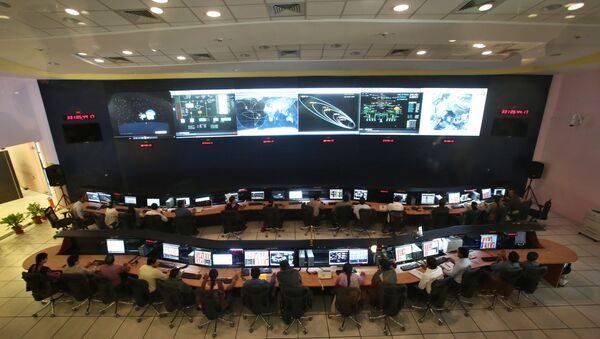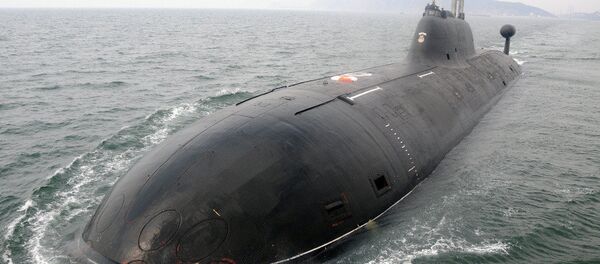New Delhi (Sputnik) — Nambi Narayanan, a former scientist at the Indian Space Research Organization (ISRO), who recently made headlines due to the startling revelations he made in his autobiography, has said that the US and Europe hatched a conspiracy to derail India's space research technology in the 90s, as India chose to collaborate with Russia instead of the US or France.
"In the 90s when India was looking out for the cryogenic technology we clearly had three options, the US, the French and the Russians. The Russian technology was not just better, but also economical and so we went for it. But this whole case (espionage case) delayed our speed and morale," Nambi Narayanan told Sputnik in an exclusive interview.
Speaking to Sputnik, Narayanan said that the alleged espionage case, in which he was eventually acquitted, must be reinvestigated, as it is important to establish the motive by finding out who hatched the conspiracy to falsely implicate him and who benefited the most by derailing the space research program that was being carried out by India in collaboration with Russia.
"The plot and the alleged scam resulted in the Indian space program and cryogenic technology launch being delayed by 16 years. Who gained from it is important. At the moment only the US and the European space agencies have the capacity to match the technology. They were also aware that an Indian cryogenic space launch would have cost less than half of the present cost," Nambi Narayanan told Sputnik.
Though there were local political implications, including the dismissal of the chief minister of Kerala, the larger implications regarding the loss of the Indian space program was largely overlooked by investigators.
"The comic coincidence is that the US imposed sanctions on Russia and India to stop India from acquiring cryogenic technology under the Missile Technology Control Regime," says Narayanan.
Narayanan says the plot was poorly designed by someone who did not know the basics of space technology and that it was a joke on the Indian legal system.
"The allegation on me and other scientists were of leaking missile technology to an enemy country while cryogenics has nothing to do with missiles. The technology is not useful for missiles…. Someone or some people played into the hands of the beneficiary to bring dishonor and delay to a vital Indian space program," Narayanan adds.





